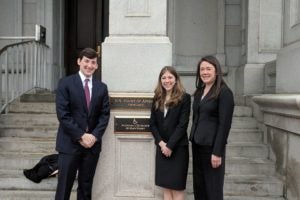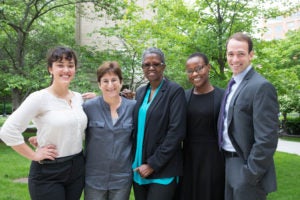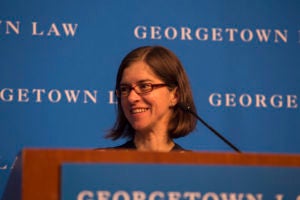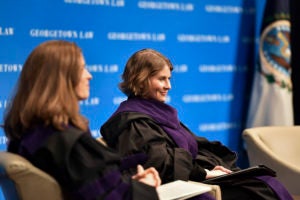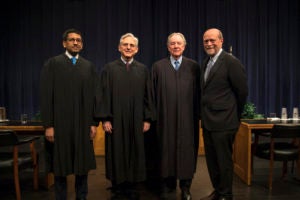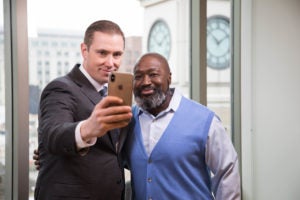
Center on Privacy & Technology: Making News, Impacting Policy on Facial Recognition Technology
July 11, 2019 Criminal Law Technology, Communication, and Intellectual PropertyTwo months after the publication of its groundbreaking reports on the questionable use of police facial recognition technology in U.S. cities, Georgetown Law’s Center on Privacy & Technology is back in the news. Records obtained by the Center —…
